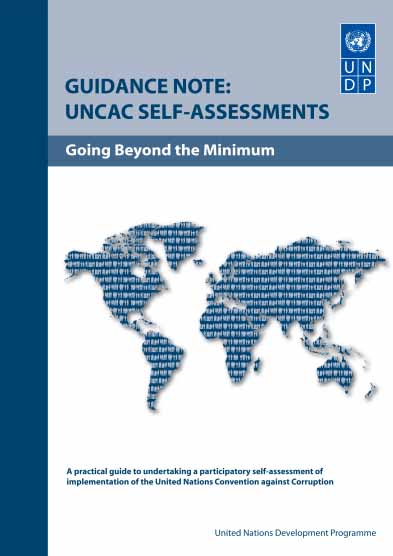Anti-Corruption and UNCAC Implementation
Introduction
The United Nations Convention Against Corruption (UNCAC or the Convention) was adopted by the UN General Assembly resolution 58/4 of 31 October 2003 and entered into force on 14 December 2005. It is the first global agreement on measures against corruption, which legally binds States Parties, on an equal footing to implement the convention.
UNCAC is a global standard for fighting corruption and corruption risk mitigation. It encompasses a comprehensive collection of measures and approaches to prevent and combat corruption. The almost universal adoption of UNCAC by State Parties has confirmed not only that corruption is a globally recognised problem across developed as well as developing countries, but also that Member States are placing anti-corruption firmly on their agendas. UNCAC substantive content is clustered in six main chapters including: prevention, criminalization, law enforcement, international cooperation, asset recovery and technical assistance.
The Mechanism for the Review of Implementation of the United Nations Convention against Corruption was adopted at the third session of the Conference of State Parties (CoSP) to the UNCAC, held in Doha from 9-13 November 2009, as a body or mechanism to assist the State Parties in the effective implementation of the convention.

